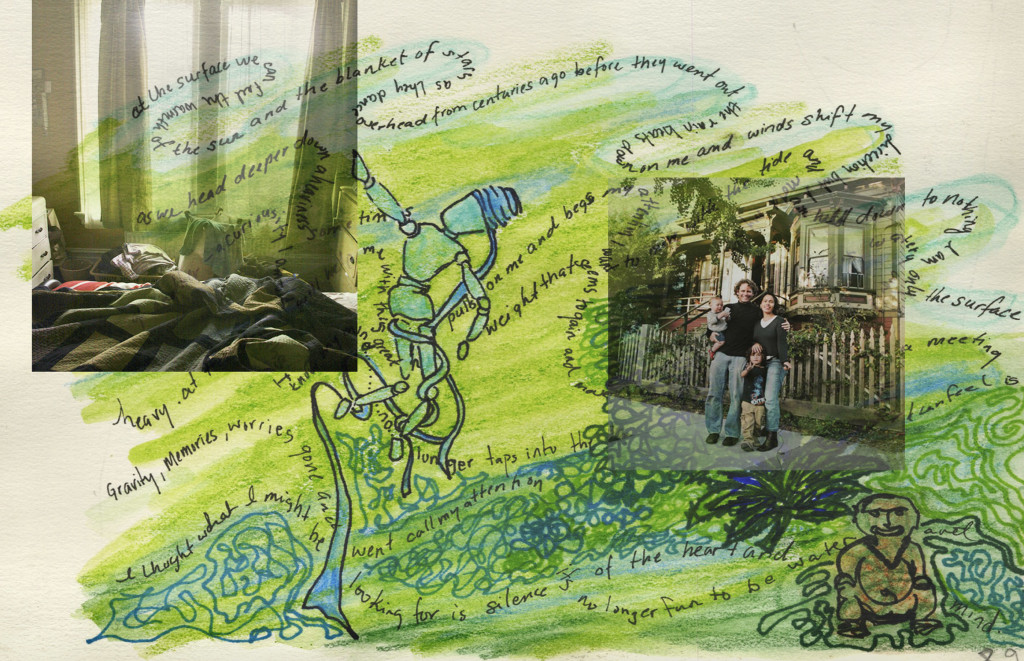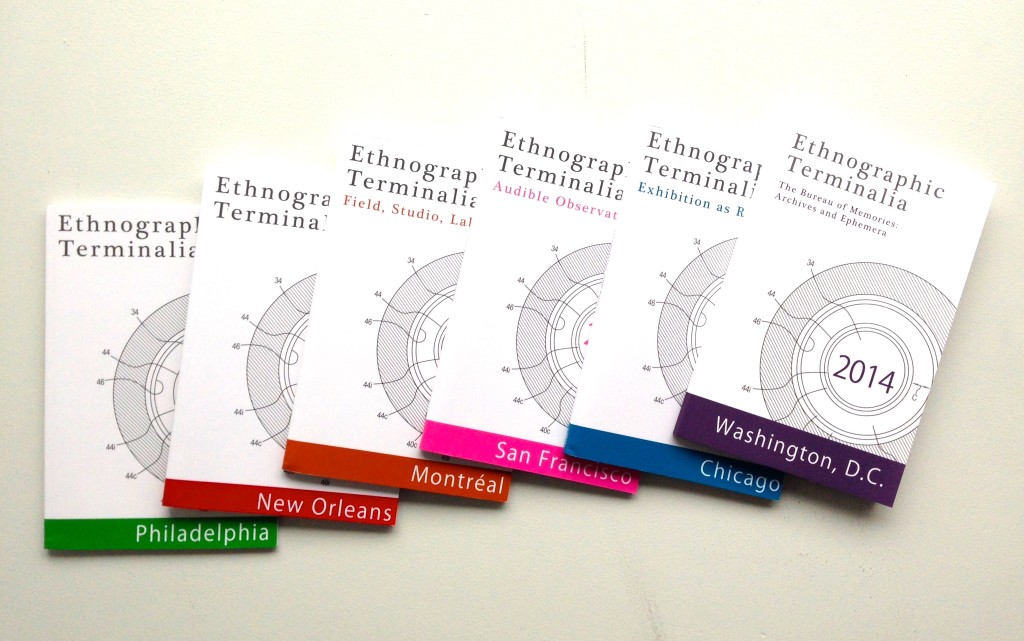
© Jeffrey Schonberg, 2016.
Photographs by Jeffrey Schonberg and Julie Plasencia. Illustrations by Julie Plasencia. Photomontage by Rebecca Bausher and Jeffrey Schonberg.
While addressing my color pictures depicting my neighbor’s homicide, a moment of which both my wife and I were the first respondents to the calls for help as well as following the multiple shots unleashed at point-blank range to his skull (this moment is part of a larger project on homicide on my block in my West Oakland, California community, depicted in this photo essay), I claimed they had a life of their own. For a talk at the American Anthropology Association meetings in 2012, I stated:
…And so when I attempted to turn the photos of the shooting into greyscale, something did not seem right. By turning them into something to aesthetically manipulate, I felt I was somehow making a gesture towards artifice—an indulgence I am not yet ready to accept.
I am still in in no place to accept such a gesture. My conflict with my photos pivots on the ideas of presence and absence, questioning, “when does the ethnographic present cross into and become the ethnographic past? Are they ever really separated?” These questions are especially pertinent when the fieldsite is my neighborhood and home of twelve years. Therefore, this conundrum with my work hinges on the very concept of participant-observer, “interrogating where assimilation and distancing converge.”
These photomontages chart these tensions and serve as homage to my wife, Julie Plasencia. Interlaced with my photographs within this community where violence is usual are drawings by her, executed during her stays in psychiatric institutions and outside of them, a condition prior to but solidified by such things as witnessed homicides and struggles over hierarchies of suffering. In her drawings is a chaos of desire and longing; for ends that are final and then fleeting; here and afar.
Biography:
Jeffrey Schonberg is a medical and visual anthropologist. He received his doctorate in Medical Anthropology from the Joint University of California, San Francisco and Berkeley program. He currently lectures in the Department of Anthropology at San Francisco State University. He is the co-author, (with Philippe Bourgois), of the photo-ethnography Righteous Dopefiend. Righteous Dopefiend is currently in its 8th printing. In 2015 Dr. Schonberg received the Paul Farmer award from the Society for Public Anthropology. Dr. Schonberg has worked on projects in the U.S. on homelessness, addiction, gangs and inner-city violence, the drug economy and HIV; in Latin America on social upheaval and street youth. He is currently pursuing two projects—a manuscript that explores the embodiment of a history of racist social policies that emphasizes the context, event, political and personal aftermath of violence and murder that led to the deaths of two young men who lived on his block of twelve years in Oakland, California; as well as a new exploration into the world of virtual reality, researching and planning a project based on a community of homeless men and women in Berkeley, California.

